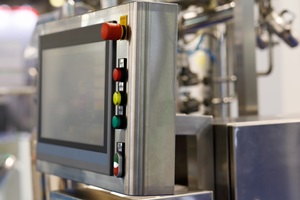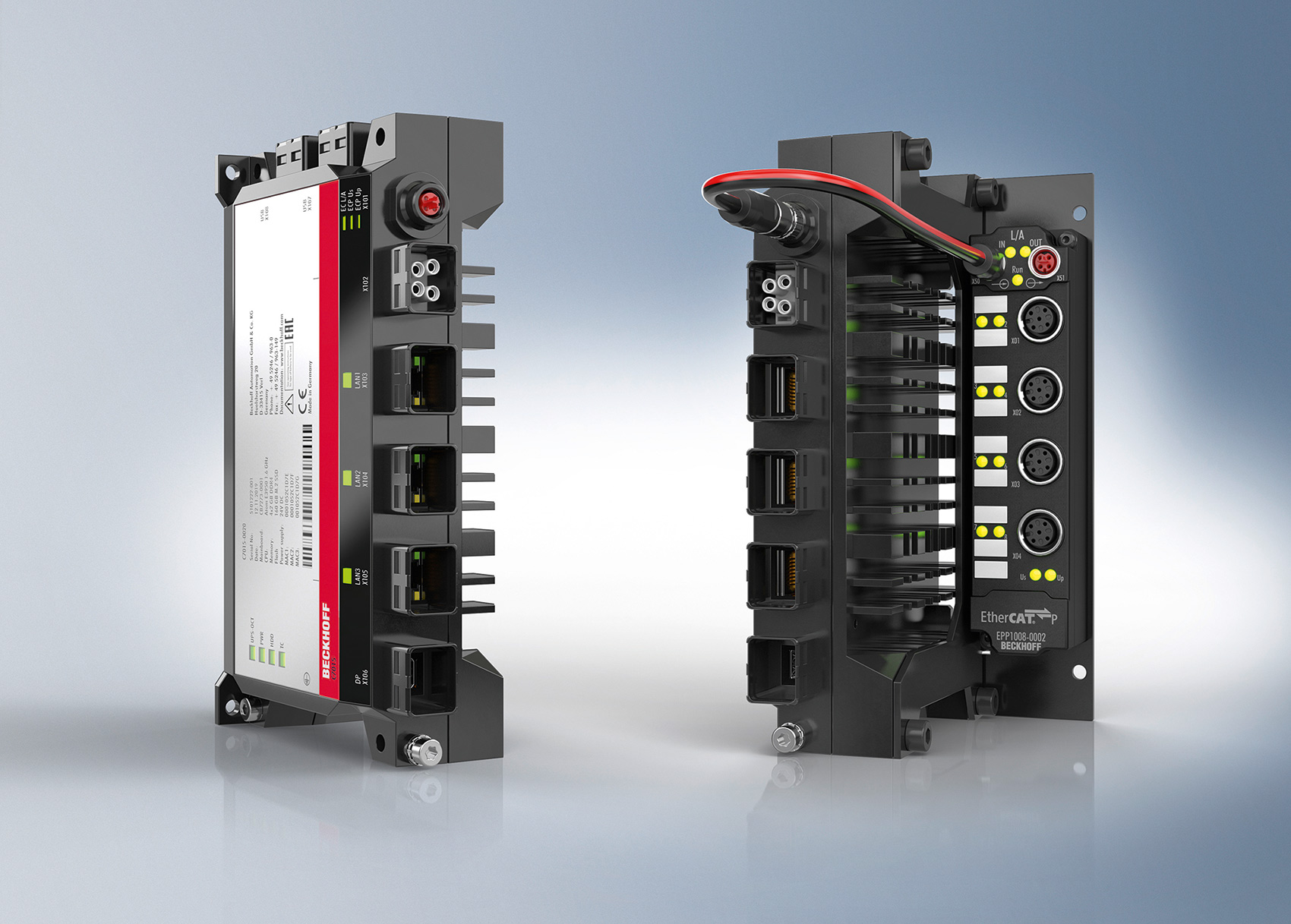The IPC requirements of complex control

As automation technologies and the Industrial Internet of Things (IIoT) become more commonplace in modern manufacturing, the requirements of control hardware increase accordingly. However, the importance of this is often overshadowed by the focus on new sophisticated software. Here, Stephen Hayes, managing director of automation expert Beckhoff UK, explains why manufacturers should take a holistic approach to complex control.
For industrial businesses, much of the past decade has been marked by a recurring idea, espoused by forward-thinking business leaders and industrial software and sensor companies alike: the IIoT is coming. Driven by data, connected systems and new industrial network topologies, this concept would revolutionise industry and early adopters would greatly benefit from enhanced efficiency, productivity and profitability.
Countless reports in recent years have reinforced the imminent arrival of the IIoT. In 2019, Microsoft‘s IoT Signals report stated that, by the end of 2021, 94% of businesses will use IoT in some capacity. Yet fast-forward to the fateful year and a survey by Ubisense identifies that 43% of manufacturers no longer understand the value of IoT.
Unquestionably, a contributing factor to this uncertainty around the value of IoT is how the concept has been presented in recent years. Whereas IoT and connected devices are new ideas in some markets, they are a long established norm for many manufacturers. When we consider IIoT simply as connected industrial systems and advanced automation technologies, more manufacturers are aware of the intrinsic value to their operations and this is reflected in how well these technologies have been adopted in recent years.
However, the implied distinction between automation technology and IIoT has led some business leaders down a route of believing that software is the core focus for digitising their operations. While software certainly plays an integral role, it’s vital that hardware in particular, industrial PCs (IPCs) are considered.

For example, the right software package can allow plant managers to ensure that data is communicated and managed in the right way, or that complex control programs can be run. However, if the IPCs at the field-level are unable to provide the computing capacity required to process control or system data, the software package is unable to provide the best value.
In Beckhoff UK’s view, this is where the conversation around IIoT has gone awry in recent years. The intangible concepts of the IIoT and industrial digitalisation place the core focus on software functionality, rather than looking at hardware and software as a holistic solution for industrial control.
Fortunately, hardware capabilities have kept pace with the demands placed on them by more sophisticated software. Looking within Beckhoff’s IPC portfolio alone, there is everything from cost-effective and compact units the C60xx range of ultra-compact Intel powered IPCs to IP65 rated units with multi-core processing for harsher environments with demanding computing requirements the C70xx range.
Each range consists of units with various processors, making them able to accommodate different levels of data intensity and software requirements. Yet every IPC is designed with flexibility in mind: whether in a control cabinet or machine-mounted, there is a range of form factors to fit most footprints. This is important because it allows manufacturers with legacy machines to upgrade the control system IPCs without requiring extensive redesigns or delays.
Perhaps it is time that manufacturers swap the concept of the IIoT with the idea of advanced automation instead, giving ample focus to the hardware level that keeps data flowing throughout operations. In doing so, we may find manufacturers once more fully understanding how these technologies can add value, and making the intangible idea of IIoT seem far more tangible.
The author is Stephen Hayes, managing director of automation expert Beckhoff UK.
Comment on this article below or via Twitter @IoTGN
